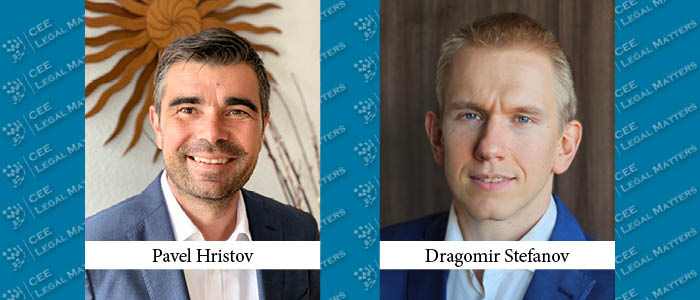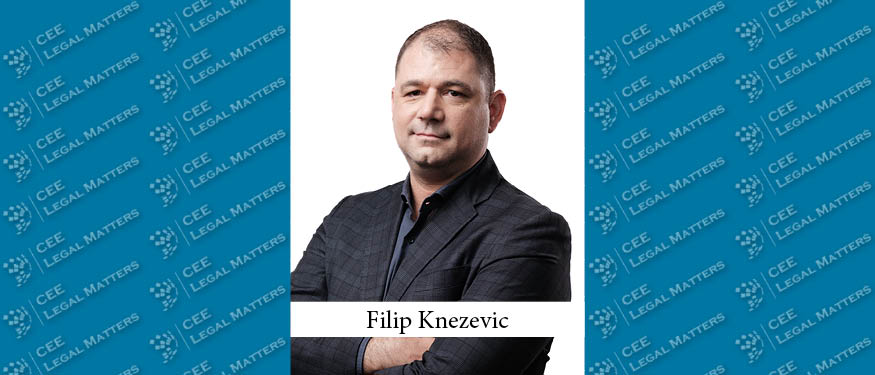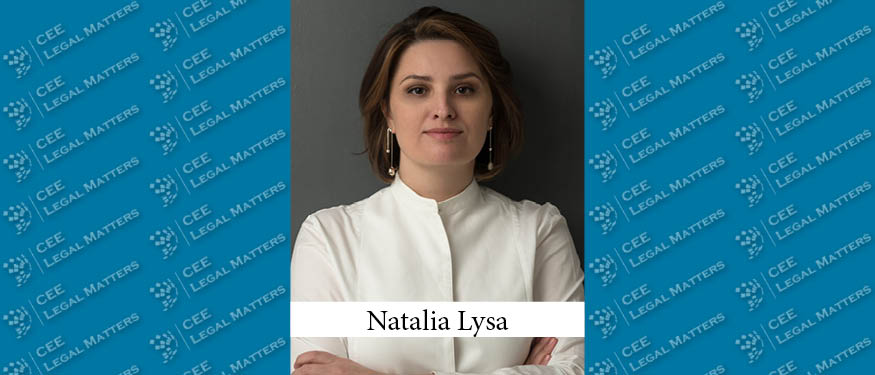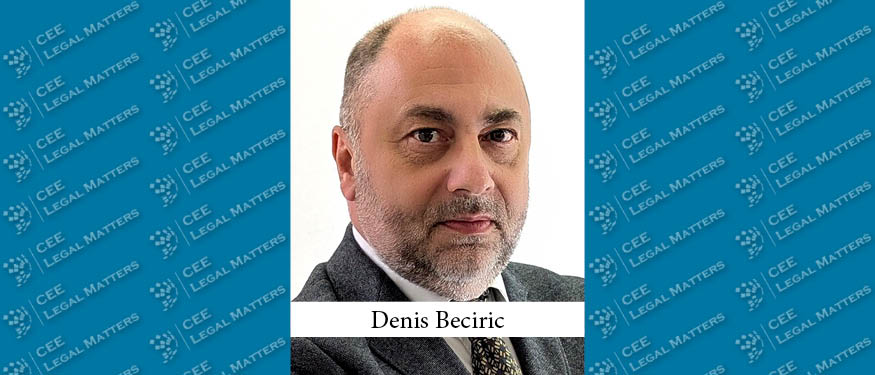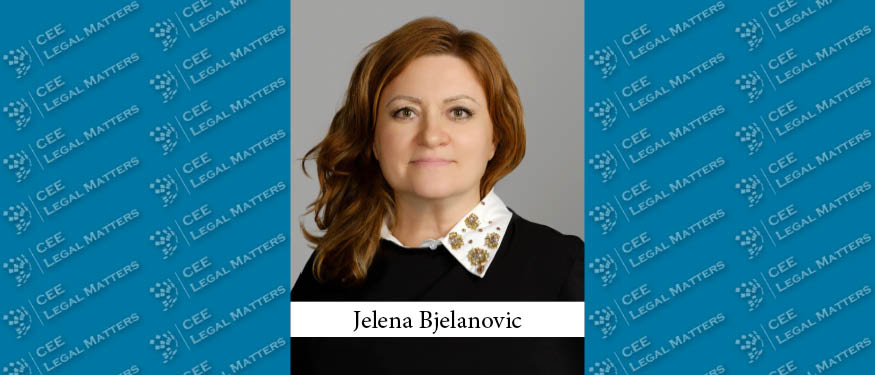Dealmaking is a dance with a uniquely complex, dynamic and unrehearsed choreography. Numerous factors come into play. Ticking all the boxes, satisfying or waiving the conditions precedent (merger clearances, regulatory and third-party approvals, etc.), every step duly documented and catalogued in a closing memo and a closing binder, and ultimately celebrated at a stylish closing dinner.
Closing checklists, protocols, guidelines and best practices are helpful tools in the hands of project leaders. managers and coordinators (inhouse or external). Still the most important decisions and the priorities are the responsibility of the business leaders. For example:
- what is the actual value of the acquired business? which are the critical assets? are they protected, are they effectively used and utilised?
- what is the growth strategy?
- what are the cost inefficiencies? what are the leaks and how to fix them?
- what are the synergies and efficiencies? how to accelerate value creation?
- how to assemble the winning team? how to retain the star players in the team, assuming that often they are not automatically locked-in? what new recruits to add to the existing management and key employees?
The last bullet-point is critical for the accomplishment of all preceding questions. Without the right people, the execution of the most advanced and thoughtful strategy will be problematic, uncertain, incomplete, unsatisfactory and/or below expectations/projections. It is surprising though, how often the acquirer tends to pay too much attention to closing formalities, such as legal reorganisation and restructuring, and overlooks that last, but decisive aspect: retaining/recruiting and incentivising the key people – founders, directors, executive team, managers, etc. who are to implement the integration and the post-acquisition growth strategy. Of course, strategic acquirers appear immune from such fallacy, knowing the business inside out and having their own knowledgeable expert teams. Sometimes, however, parachuting outsiders into an organisation and a culture could backfire and cause delays and underperformance, and in all cases will not deliver immediate results, because a rebuilding of a team requires time and patience. Both rare commodities in the fast-pacing world of M&A… and Premier League football.
By Pavel Hristov and Dragomir Stefanov, Partners, Hristov & Partners

